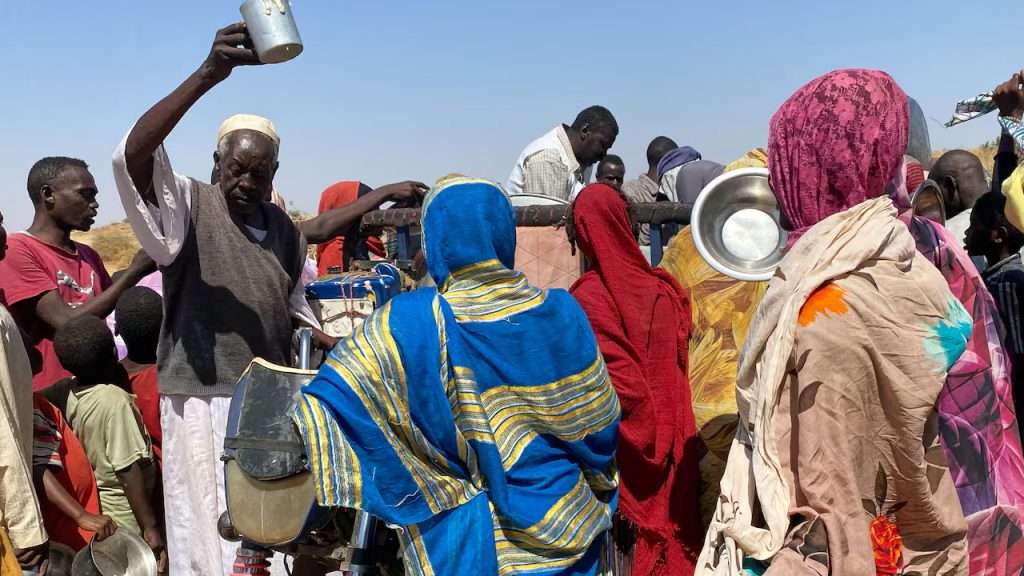South Sudan’s hunger crisis worsens amid ongoing aid freeze

Concerns that South Sudan could face famine have grown, as no food aid has reached parts of the conflict-ridden country this year, as reported by AP News on November 4.
Based on a report by the Integrated Food Security Phase Classification, the threat of famine is severe, with about 28,000 people in Nasir and Fangak counties suffering from the most acute phase of food insecurity.
Additionally, the IPC, which remains the authoritative tool for assessing and declaring famine, declared that over half of the country’s population is expected to face severe hunger in 2026.
The Sudan civil war, which ended in 2018, led to a peace agreement between Vice President Riek Machar and President Salva Kiir. The long five-year duration of the civil war resulted in over 400,000 deaths.
In March 2025, Machar was placed on house arrest, and some of his allies were also arrested and accused of overrunning an army base in the country’s north.

The deputy army chief, Gabriel Duop Lam, who was loyal to Machar, was also detained in March for his alleged involvement in the fighting in the north.
Machar has been charged recently with treason and other crimes. One of these crimes included an attack by a local militia on a military garrison in Nasir that South Sudan’s government says killed 250 soldiers, which Machar has denied.
The extreme violence has now eased, but it has caused a larger problem and prevented aid groups from delivering food.
In June, the World Food Programme (WFP) explained they were unable to reach some areas in Sudan, though in other areas they eventually arrived and delivered aid.
The IPC stated that it is doing all it can to prevent famine from taking hold in vulnerable communities. This includes focusing on vulnerable communities, specifically children.
Sudan’s last famine was declared in 2017. With aid supplies dwindling and famine declarations rare, urgent action is needed to avert another catastrophe.
AP News, Maghrebi.org
Want to chase the pulse of North Africa?
Subscribe to receive our FREE weekly PDF magazine










